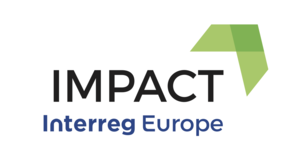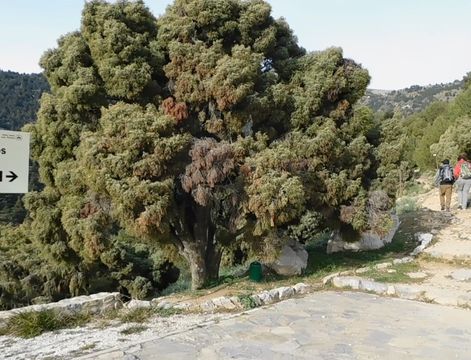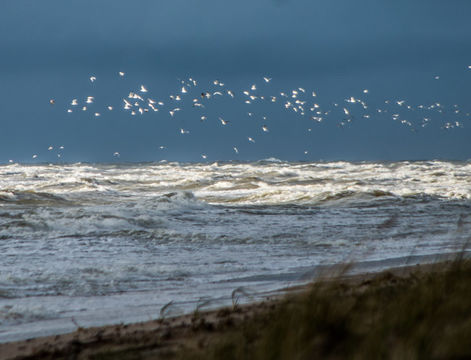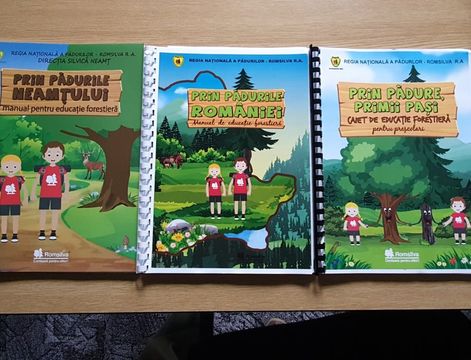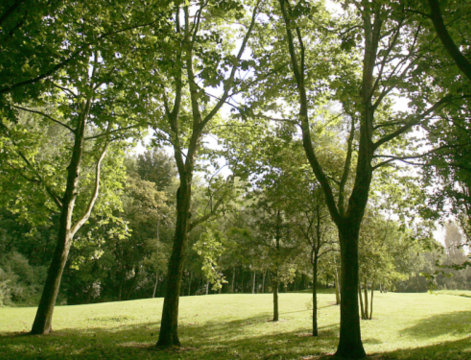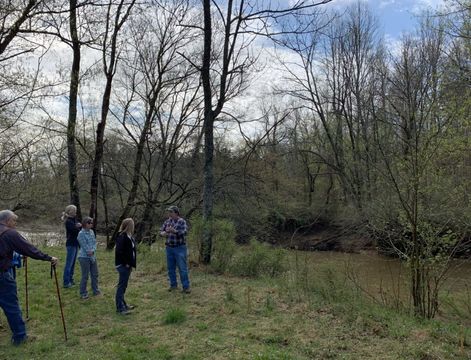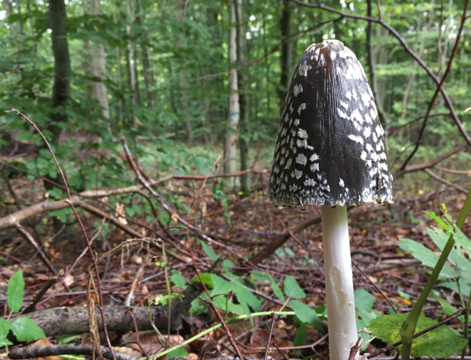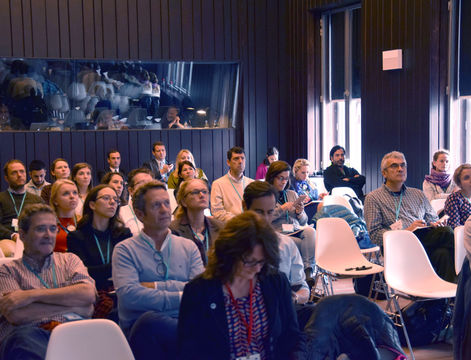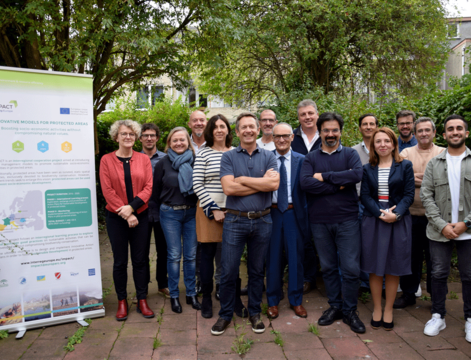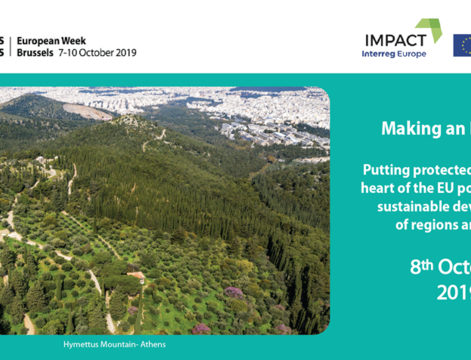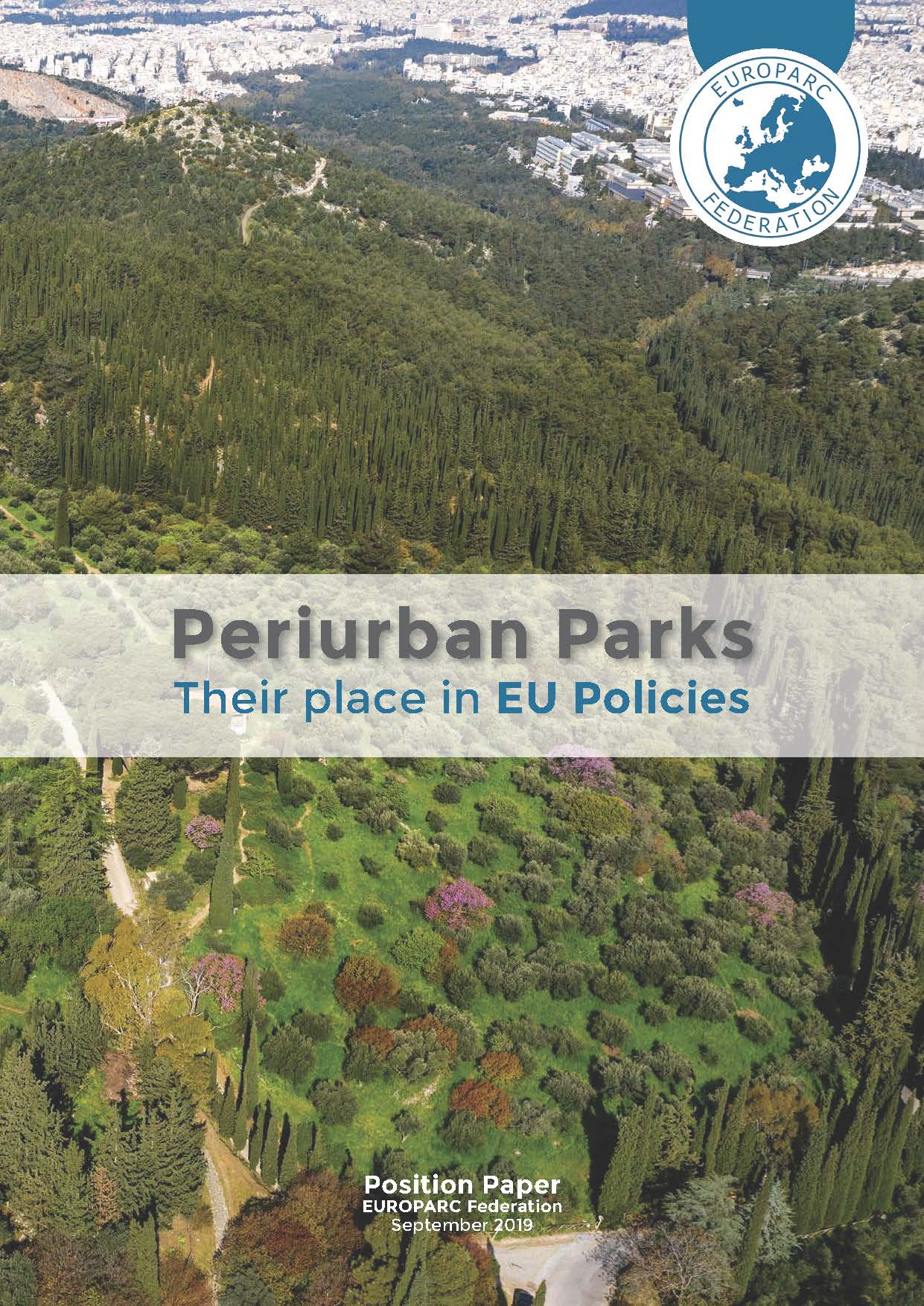Claudie Boulanger
Responsible of Environmental Education - ENRX - partner of IMPACT Interreg Europe
- Q- We recently visited a High School that has joined the Biodiver’lycée program promoted by the ENRx. Can you tell us the basics of this project? Why did you decide to promote it? When did it start?
C.B.– ENRx were firstly conducting environmental education actions for primary schools and then began to host nature events addressed to high schools pupils. In 2016, ENRx proposed to high schools to have annual workshops in association with an educational structure. Each workshop includes an “immersion” to an ecosystem nearby the school, a collective reflection, then the implementation of concrete actions within the school or in the town or on a nearby natural site.
To know more about Biodiver'lycée click here.
- Q - What are the main success of the project? And main challenges of the project?
C.B.- The success of "Biodiver'lycées" is:
- to provide the teachers with the documentary resources in the territory where they live and to make the link with the school programs;
- involve young people in defining the project and the actions to be implemented;
- create a link with nature by making young students to plant themselves, making them to put their hands in the ground and to understand the usefulness of these actions for biodiversity;
- to improve relationships between young people and teachers.
The main challenge is to get young people to pursue these actions outside high school individually or collectively.
- Q- What are you expecting to achieve with the IMPACT project which regards to environmental education?
C.B.- Thanks to IMPACT, we have been able to adapt some of the teaching tools into digital applications. This type of tools are very popular among young people who constantly use tablets and computers.
The visualisation of the ecosystem studied in a digital platform will allow students to review what they saw on the ground or will make them want to go to the field to see it.
The reiteration of the value of working at European level for good practices in favour of environmental protection has been very popular with young people and the professionals around them. We can hope that exchanges will take place in the form of email exchanges but also working methods and why not face-to-face meetings?
